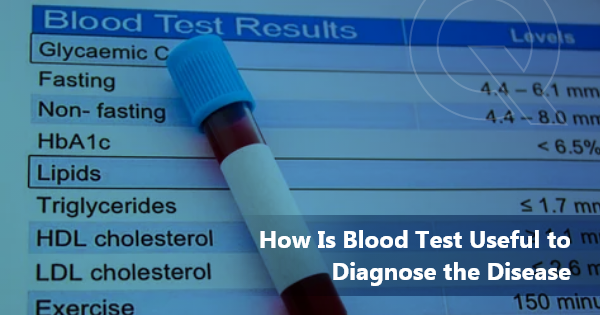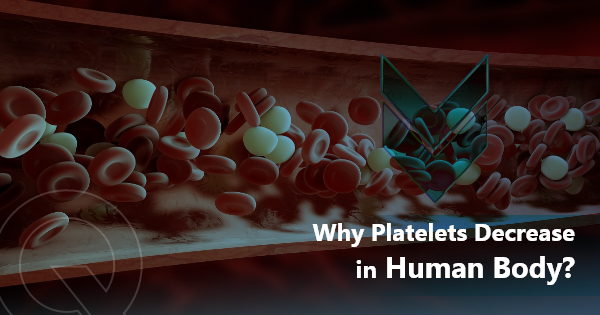Blood tests, also known as blood panels or blood work, are invaluable tools in the field of medicine for diagnosing a wide range of diseases and monitoring overall health. These tests provide critical insights into various aspects of a person’s health by analyzing components of their blood, such as red blood cells, white blood cells, platelets, and various biomarkers. In this blog, we will explore how blood tests are used to diagnose diseases and why they are considered an essential part of modern healthcare.
Contents
1. Complete Blood Count (CBC)
One of the most common blood tests is the Complete Blood Count (CBC). This test measures the number of red blood cells, white blood cells, and platelets in the blood. Abnormalities in these counts can indicate a wide array of conditions. For example, a low red blood cell count may suggest anemia, while an elevated white blood cell count could be a sign of infection or inflammation.
2. Blood Chemistry Tests
Blood chemistry tests, also known as blood chemistry panels or serum chemistries, analyze the levels of various substances in the blood, including electrolytes, glucose, proteins, and enzymes. These tests can help diagnose and monitor conditions like diabetes, kidney disease, liver disorders, and more. For instance, elevated blood glucose levels are indicative of diabetes, while abnormal liver enzyme levels may signal liver disease.
3. Lipid Profile
A lipid profile measures the levels of cholesterol and triglycerides in the blood. High levels of LDL (low-density lipoprotein) cholesterol are associated with an increased risk of heart disease, while low levels of HDL (high-density lipoprotein) cholesterol can also be problematic. Monitoring these lipid levels through blood tests is crucial for cardiovascular health.
4. Bloodborne Infection Testing
Blood tests are instrumental in detecting various bloodborne infections, including HIV, hepatitis, and syphilis. These tests can identify the presence of specific antibodies or antigens, helping diagnose these infections early and initiate appropriate treatment.
5. Biomarker Analysis
Biomarker testing involves examining specific molecules or substances in the blood associated with certain diseases. For example, the prostate-specific antigen (PSA) blood test is used to screen for prostate cancer, while the CA-125 test can be an indicator of ovarian cancer. Biomarker analysis enables the early detection and monitoring of many types of cancer.
6. Genetic Testing
Genetic blood tests analyze a person’s DNA to identify genetic mutations associated with inherited conditions, such as sickle cell anemia or cystic fibrosis. These tests are invaluable for assessing the risk of passing on genetic disorders to offspring and tailoring medical care accordingly.
Conclusion
Blood tests are indispensable tools in modern medicine, enabling healthcare professionals to diagnose diseases, monitor treatment effectiveness, and assess overall health. These tests provide a wealth of information that helps clinicians make informed decisions about patient care. Regular check-ups and timely blood testing can detect diseases in their early stages when they are most treatable. Thus, blood tests play a vital role in maintaining our well-being and improving healthcare outcomes.
Remember, if your doctor recommends a blood test, it’s an opportunity to gain valuable insights into your health and potentially catch health issues early, when they are most manageable. So, don’t hesitate to take advantage of this essential aspect of healthcare.




![Blood Test for Hair Loss [Male/Female] Blood Test for Hair Loss](https://oncquest-blog.s3.ap-south-1.amazonaws.com/blog/wp-content/uploads/2023/12/12044200/Blood-Test-for-Hair-Loss.webp)
